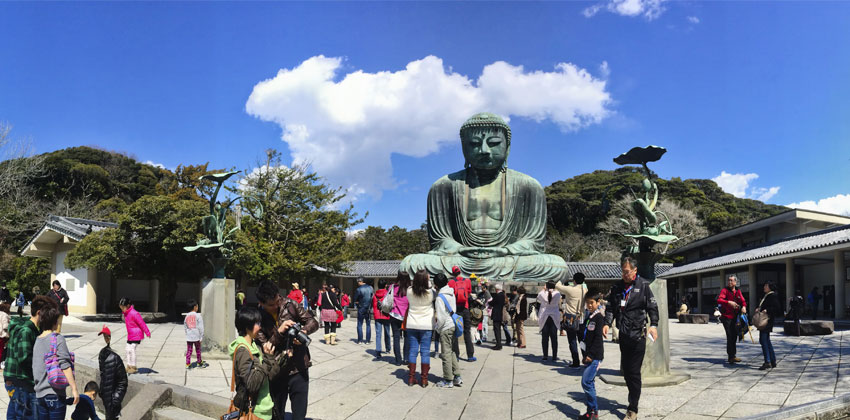Japan introduces new departure tax for visitors travelling abroad

Japan has introduces a ‘departure tax’ for those travel abroad via flight or ship. The tax came into being from Monday, 7th January 2018. Infants under 2 years of age and travellers who transit within 24 hours are exempted from the tax. 1000 yen (around USD 9) is the tax per individual.
The purpose of the tax is to create new revenue, which will be utilized for improving the travel services and to provide travellers with better facilities, especially in rural areas. Legislation has passed in this regard in April 2018.
As per government officials, the move is to increase the facilities and infrastructure for tourism to cope with the increasing numbers of tourists expected to visit Japan in the run up to and after the Olympic and Paralympic Games to be held in Tokyo in 2020.
It is expected to generate around 6 billion yen (USD 55.26) between January and March 2019, and as per the legislation passed all revenue generated is allocated for projects related to tourism.
Japan, while enjoying an economic growth, is still stuck in deflationary pressure and has been increasingly looking towards its tourism industry to boost its economy.
The number of tourists, particularly from Japan’s closest neighbours has risen significantly recently, owing in part to relaxed visa regulations and a comparatively weak yen bolstering the purchasing power of inbound visitors.
The Japan Tourism Agency said that inbound tourists for the first time since record keeping began topped 30 million visitors in 2018 and the government is aiming to see that figure rise to 40 million by 2020.
Visitor numbers from China have been consistently solid, as well as those from South Korea. In addition, the government also aims at attracting more tourists from European countries.
Though the new tax will enhance the tourism facilities and infrastructure, some locals are complaining that the system is designed just to benefit tourists and not Japanese citizens.



